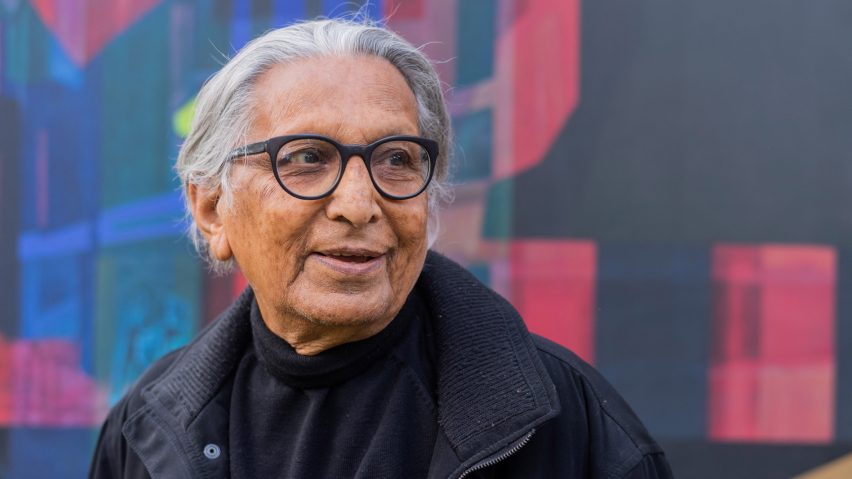
Remembering the architects and designers we lost in 2023
Our review of 2023 pays tribute to the architects, designers and innovators who died in this year, including Pritzker Architecture Prize winner Balkrishna Doshi, Walkie Talkie architect Rafael Viñoly and fashion pioneer Mary Quant.
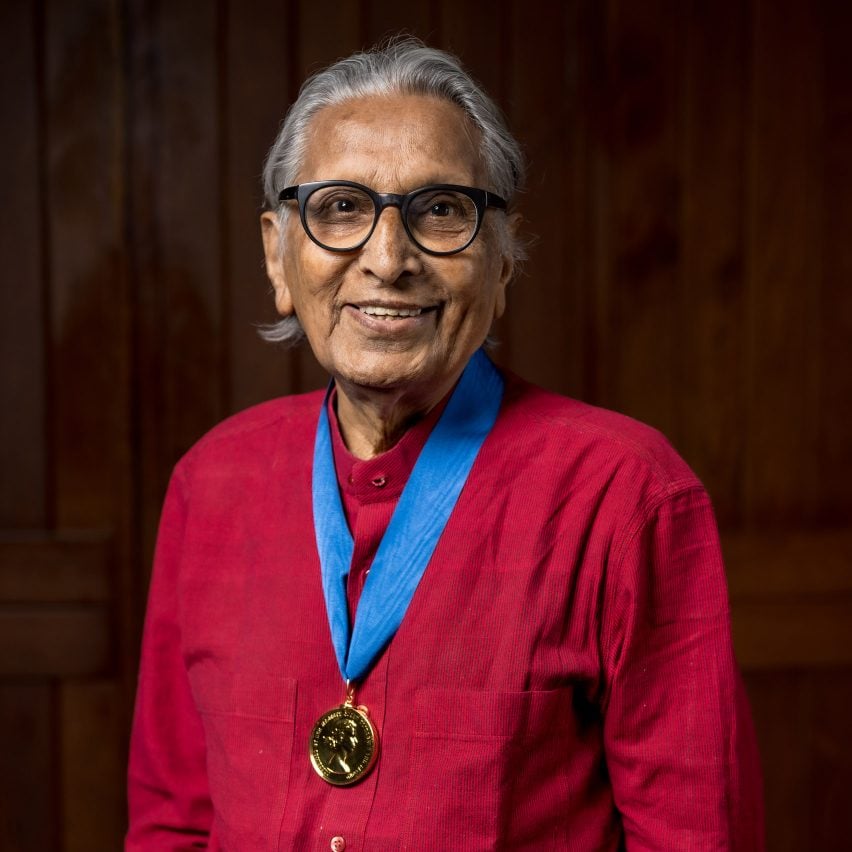
Indian architect and educator Balkrishna Vithaldas Doshi passed away on 24 January aged 95. Described by Architectural Digest India as the nation's greatest architect, Doshi's celebrated designs include the Aranya Low Cost Housing, the experimental Amdavad ni Gufa gallery and his own studio in Gujarat.
He collaborated with both Louis Kahn and Le Corbusier during his six-decade-long career, overseing the completion of some of the latter's pivotal projects in Chandigarh and Ahmedabad. Doshi also built the Ahmedabad School of Architecture, a school he co-founded with US architect Bernard Kohn.
He was awarded the Pritzker Architecture Prize in 2018, followed by the RIBA Gold Medal in 2022.
Find out more about Balkrishna Doshi ›
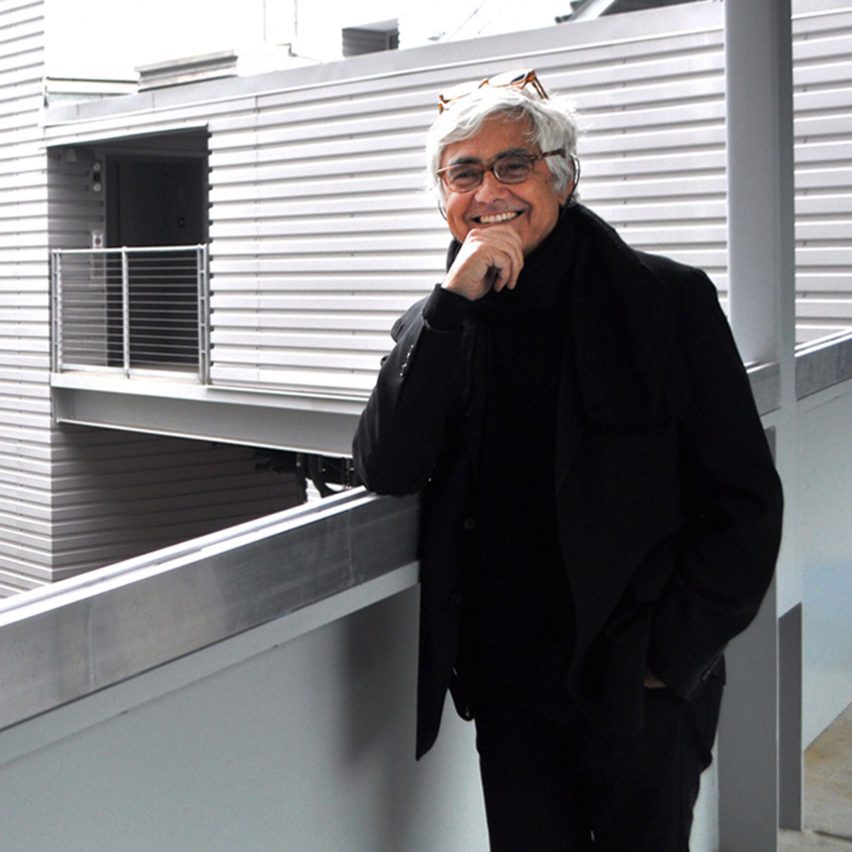
Best known for skyscrapers 432 Park Avenue and the Walkie Talkie, Uruguayan architect Rafael Viñoly died on 2 March aged 78, as the result of an aneurysm.
As the founder of Rafael Viñoly Architects, which has offices in the US, UK, UAE and Argentina, Viñoly was also responsible for the Kimmel Center for the Performing Arts in Philadelphia and the Tokyo International Forum.
He previously co-founded Estudio de Arquitectura Manteola-Petchersky-Sánchez Gómez-Santos-Solsona-Viñoly, which became one of the largest architecture firms in South America.
Find out more about Rafael Viñoly ›
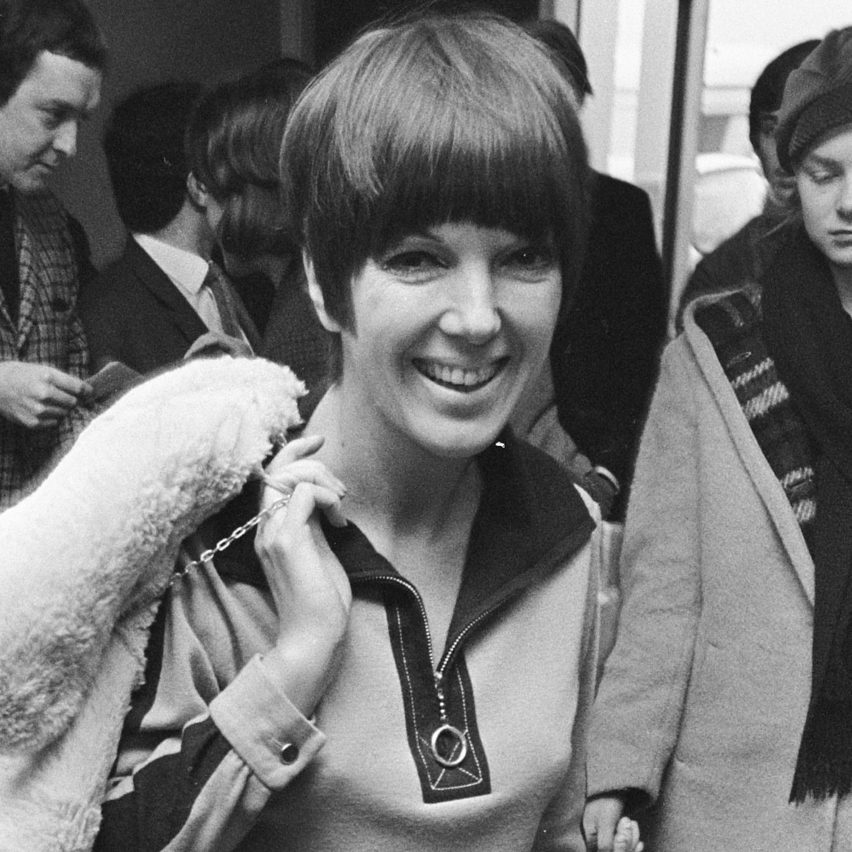
British fashion designer Mary Quant, who popularised the mini skirt in the 1960s, died "peacefully at home" on 13 April aged 93.
Quant did not invent the short skirt, but she famously made it an era-defining fashion silhouette after launching a collection through her ready-to-wear range, Ginger Group, in 1963.
She designed many more mini skirts for the mass market during her decades-long career and was also behind other enduring trends including colourful tights, skinny-rib sweaters, PVC raincoats and androgynous silhouettes.
The V&A museum said: "It's impossible to overstate Quant's contribution to fashion."
Find out more about Mary Quant ›
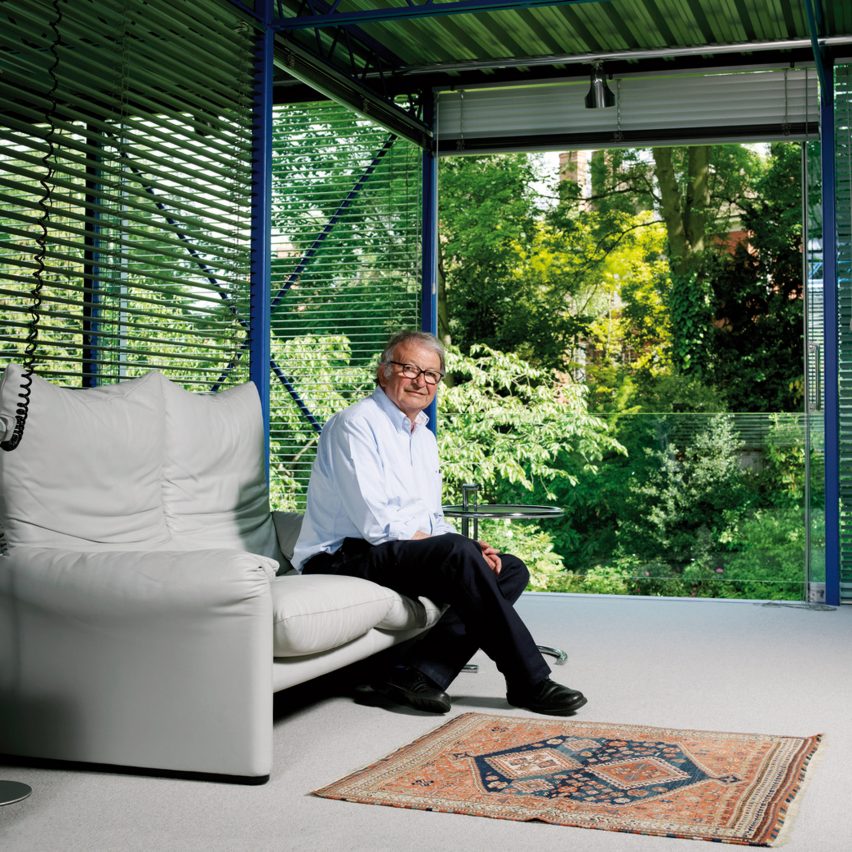
Michael Hopkins, co-founder of Hopkins Architects and one of the early pioneers of high-tech architecture, passed away on 17 June aged 88.
In partnership with his wife and business partner, Patty Hopkins, he was responsible for influential buildings including Hopkins House, the Schlumberger Research Centre, Westminster Underground Station, Portcullis House and the London 2012 Olympic Velodrome.
The pair were jointly awarded the RIBA Royal Gold Medal in 1994, while projects by their firm have been shortlisted for the UK's top architecture award, the Stirling Prize, four times.
Find out more about Michael Hopkins ›
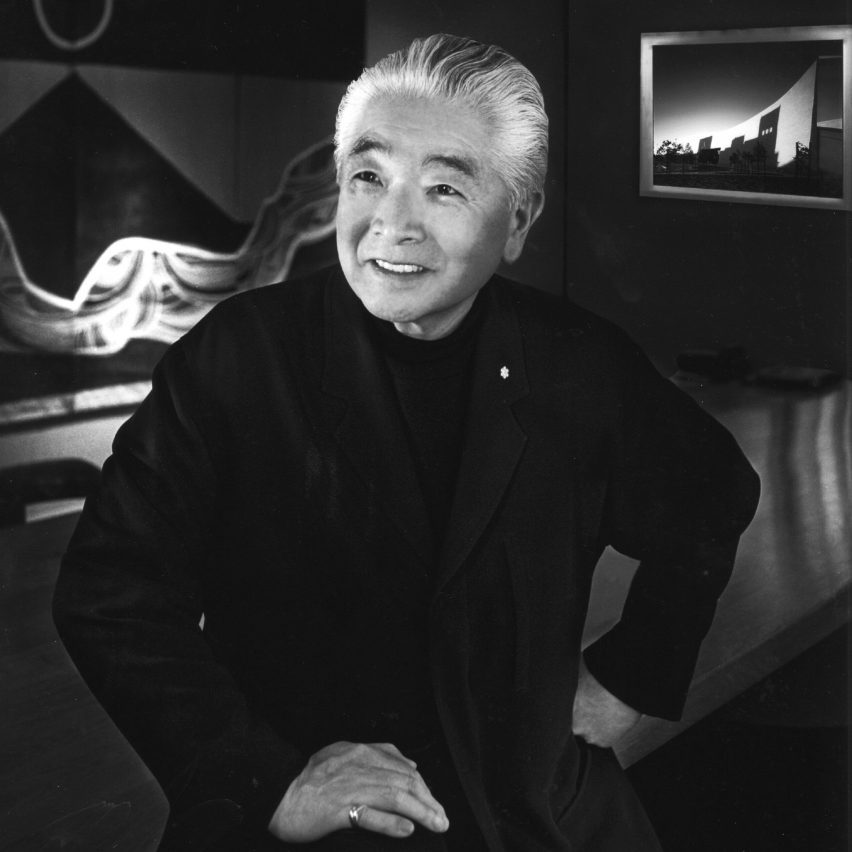
Canadian architect Raymond Moriyama, co-founder of Moriyama Teshima Architects, passed away on 1 September aged 93.
Moriyama was behind some of Canada's most iconic buildings, including the Ontario Science Centre in Toronto, the Toronto Reference Library, Scarborough Civic Centre and the Canadian War Museum.
He was awarded the RAIC Gold Medal from the Royal Architectural Institute of Canada in 1997 and received the Order of Canada in 2009.
He also played a pivotal role in the establishment of the RAIC International Prize, after making a gift that facilitated the launch of the award in 2014.
Find out more about Raymond Moriyama ›
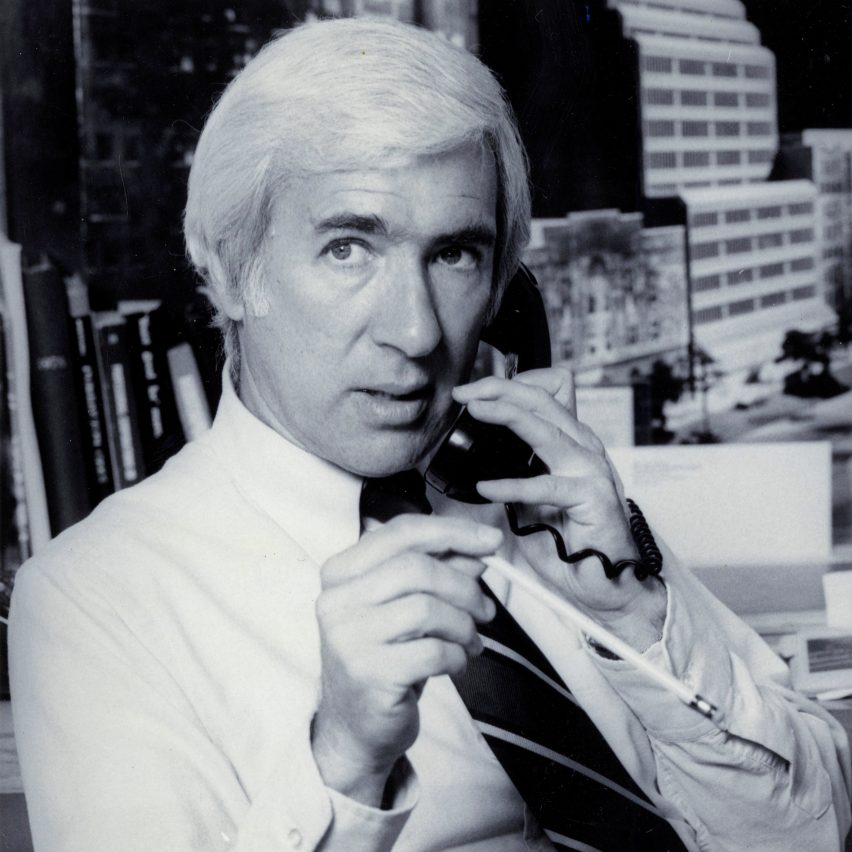
Skyscraper pioneer Gene Kohn lost his battle with cancer on 9 March, aged 92.
The American architect was one of three founders of leading international firm Kohn Pedersen Fox, also known as KPF, and was its original president and chairman.
The firm is responsible for six of the world's 12 tallest towers, including the 492-meter-high Shanghai World Financial Center and the 484-metre-high International Commerce Centre in Hong Kong.
Other significant projects completed during his 45-year leadership include Roppongi Hills in Tokyo, the Petersen Automotive Museum in Los Angeles and the World Bank in Washington DC.
Find out more about A Eugene Kohn ›
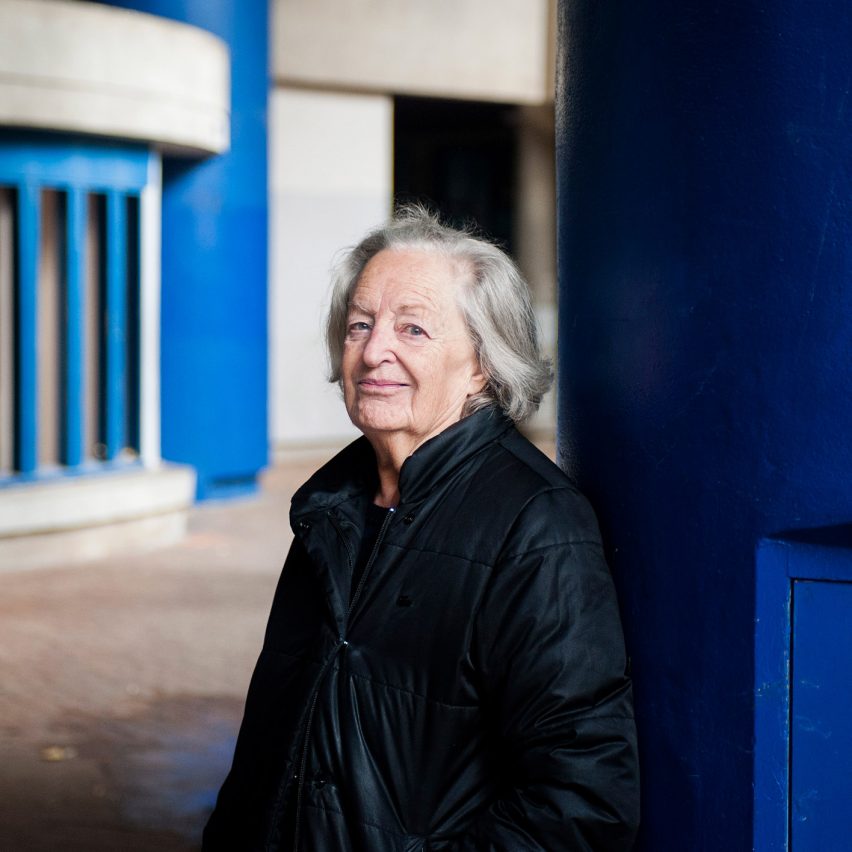
Seven months after being awarded the prestigious Royal Academy Architecture Prize, French architect and social housing innovator Renée Gailhoustet passed away at the age of 93.
Gailhoustet designed numerous housing blocks in the Paris suburbs including the La Maladrerie apartment block in Aubervilliers and the Le Liégat complex in Ivry-sur-Seine, where she lived up until her death on 4 January.
"Renée Gailhoustet's achievements reach far beyond what is produced as social or affordable housing anywhere today," said architect Farshid Moussavi, chair of the 2022 Royal Academy Architecture Awards jury.
Find out more about Renée Gailhoustet ›
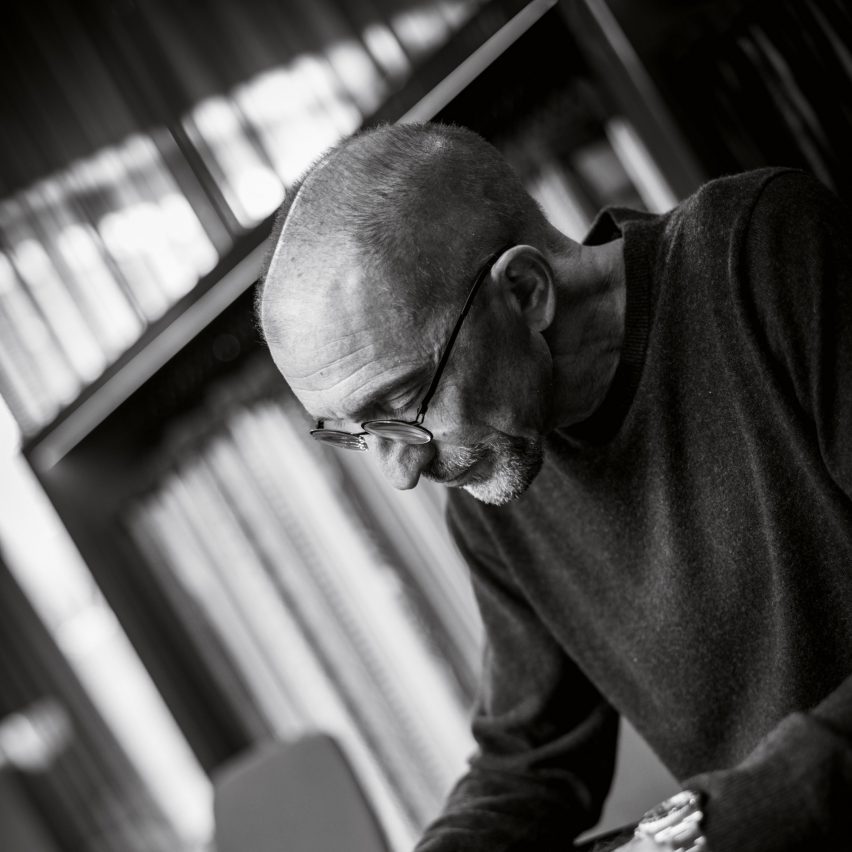
Italian architect and designer Rodolfo Dordoni died on 1 August at the age of 69, following a long illness.
Dordoni was a hugely influential figure in the Italian furniture industry. He was art director for Minotti from 1998 up until his death and previously held similar roles at Artemide, Cappellini, Foscarini and FontanaArte.
Other brands he collaborated with include Cassina, Flos, Kettal, Molteni&C and Venini, and he was also co-founder of the architectural practice Dordoni Architetti.
Find out more about Rodolfo Dordoni ›
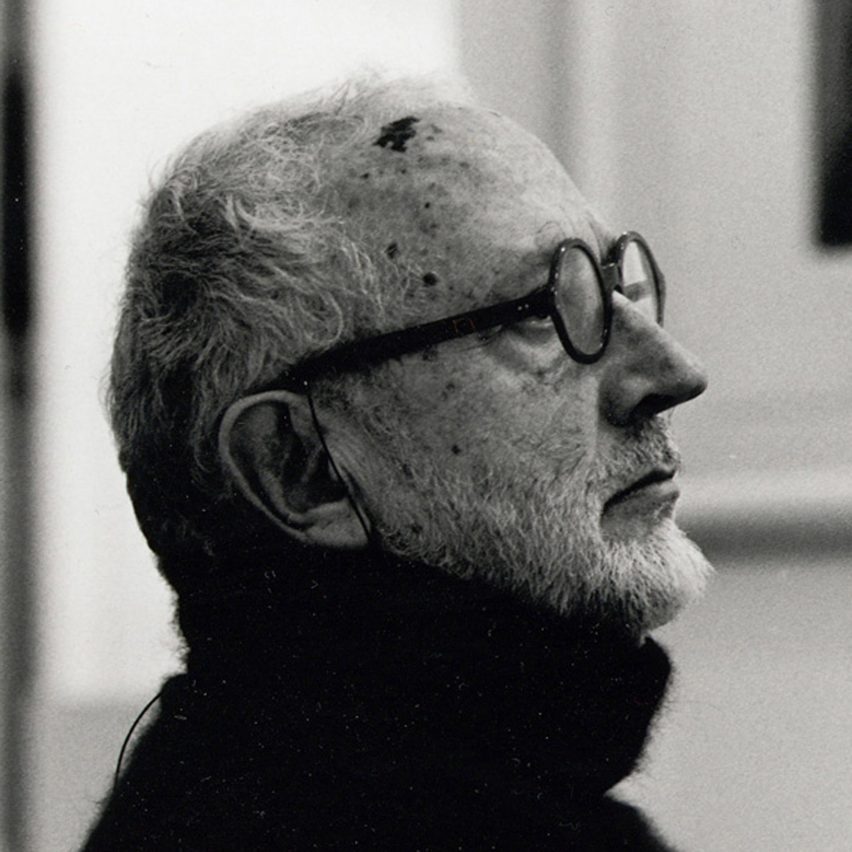
Another highly influential Italian figure, architect and designer Andrea Branzi passed away on 9 October aged 84.
Branzi was a founder of avant-garde architecture studio Archizoom Associati, a lead proponent of the Radical Design movement, which collaborated with Superstudio on the landmark Superarchitettura exhibition of 1966.
Described by architect and Triennale Milano president Stefano Boeri as "a giant of radical thinking", Branzi co-founded the Domus Academy post-graduate school of design in 1982.
His extensive career also included designing products for Alessi, such as the Ercolino bottle opener, and collections for the Friedman Benda and Carpenters Workshop galleries.
Find out more about Andrea Branzi ›
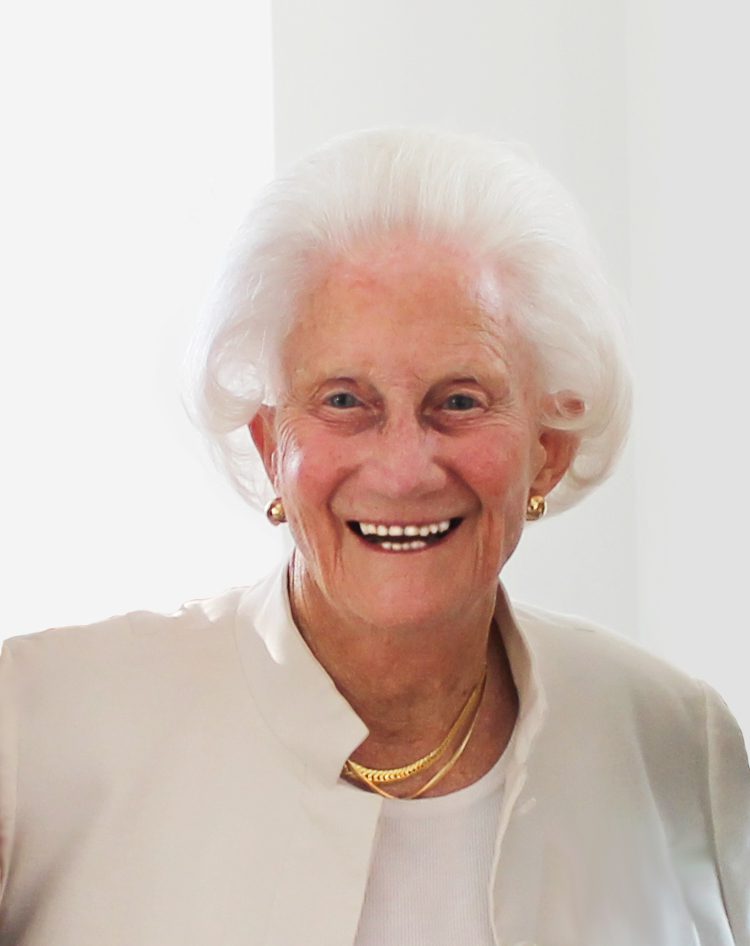
Beverly Willis
American architect and gender-equality champion Beverly Willis died at home in Connecticut on October 1, aged 95.
Willis was one of the founders of the National Building Museum in Washington DC.
With her California studio Willis and Associates, she designed the San Francisco Ballet Building, the first purpose-built ballet school in the US, and the Union Street Shops project, an influential example of adaptive reuse.
As one of few prominent women in her field in the mid-century, she was also a vocal proponent of female talent. She established the Beverly Willis Architecture Foundation in 2002 to promote more opportunities for women.
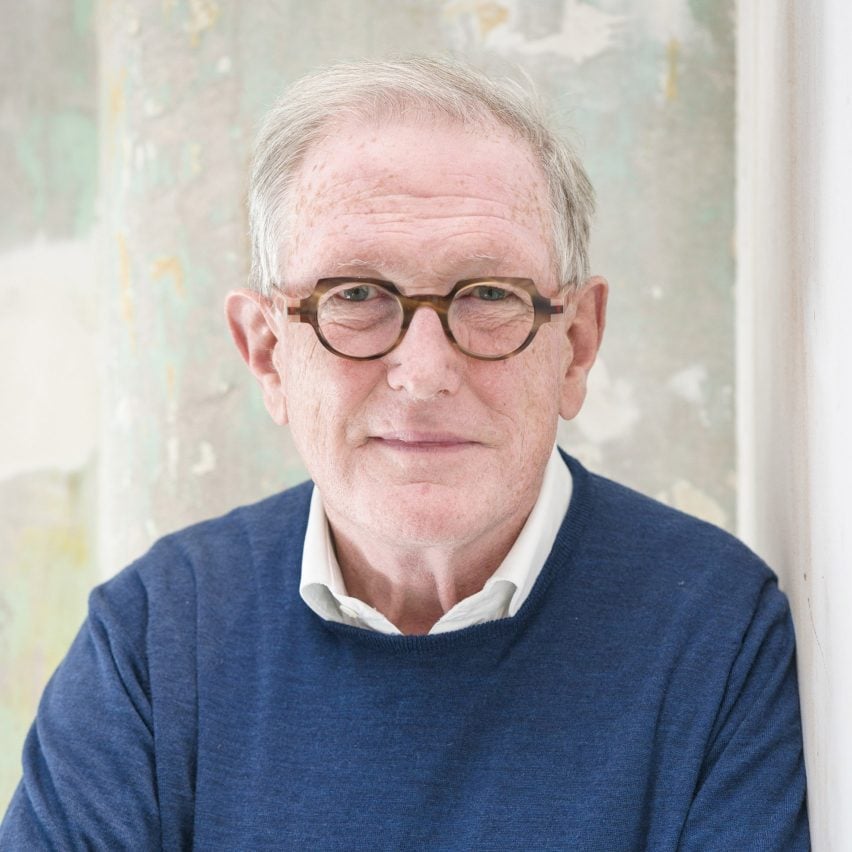
Michael Squire, the charismatic founder of British architecture firm Squire & Partners, died unexpectedly on 4 May following a short illness. He was 77.
Squire founded the London-based firm previously known as Michael Squire Associates in 1976. His best-known buildings include Chelsea Barracks, One Tower Bridge and Southbank Place.
He retired in 2006, leaving the studio in the hands of his son Henry and fellow partners Tim Gledstone and Murray Levinson, but continued to play a key role, spearheading the practice's transformation of a former department store in Brixton. The building serves as the studio's headquarters and also supports local businesses and communities.
Find out more about Michael Squire ›

British architect Michael Wilford, a key player in the UK's postmodern movement, passed away on 10 March aged 84.
Wilford is best known for the colourful postmodern buildings he created together with James Stirling, under the banner of the Stirling/Wilford Partnership. These include No 1 Poultry and Tate Liverpool.
After Stirling's death, he went on to design the State Music School in Stuttgart, which was awarded the Stirling Prize in 1997, and the British Embassy in Berlin.
Wilford was awarded a Commander of the British Empire (CBE) in 2001.
Find out more about Michael Wilford ›
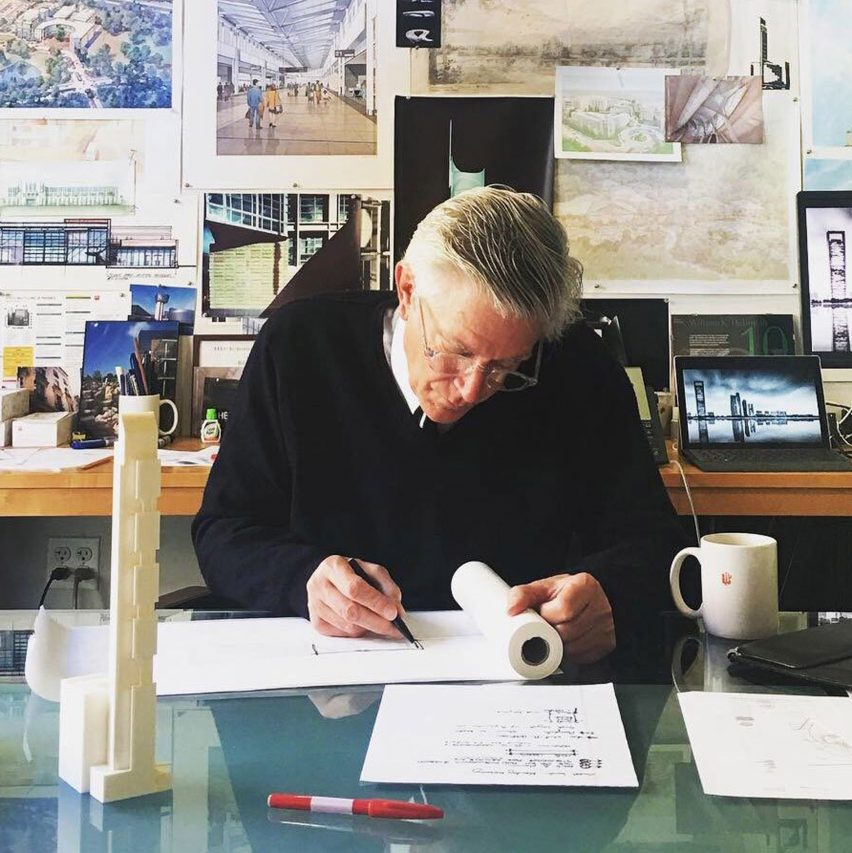
American architect Bill Hellmuth, chairman and CEO of architecture firm HOK, was another of this year's losses. He died on 6 April aged 69, following a long struggle with brain cancer.
Hellmuth was the nephew of George Hellmuth, who founded HOK with partners George Kassabaum and Gyo Obata. He joined the firm in 1991 at the urging of Obata, who become a mentor to him.
Described as "an extraordinary architect and leader", Hellmuth was made president of the firm and design principal for the studio's Washington DC office in 2005, before being made chairman and CEO a year later.
His notable designs include the Abu Dhabi National Oil Company Headquarters in the UAE, the King Abdullah Petroleum Studies and Research Center in Riyadh, Saudi Arabia, and the Steven F Udvar-Hazy Center in Virginia, USA.
Find out more about William Hellmuth ›

Nelda Rodger
Nelda Rodger, who was co-founder and editorial director of architecture and design magazine Azure, died on 4 January aged 70 after a long illness.
Rodger founded the award-winning Azure in 1985 with her partner, Sergio Sgaramella, and later launched its annual AZ Awards. Under her leadership, Azure was named magazine of the year by the Canadian National Magazine Awards in 2000.
Rodger and Sgaramella later transformed Azure Magazine into Azure Media, which publishes the print magazines Azure and Designlines.
Find out more about Nelda Rodger ›